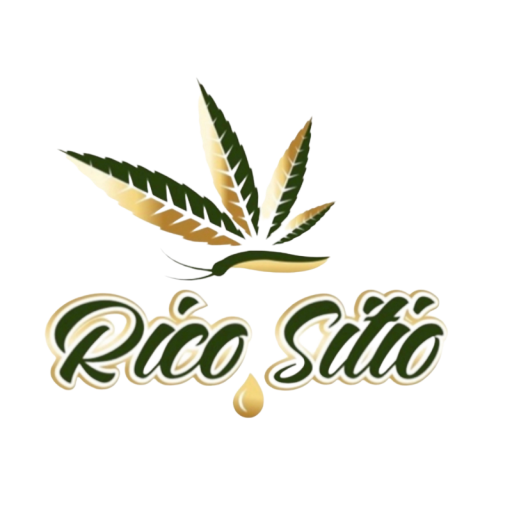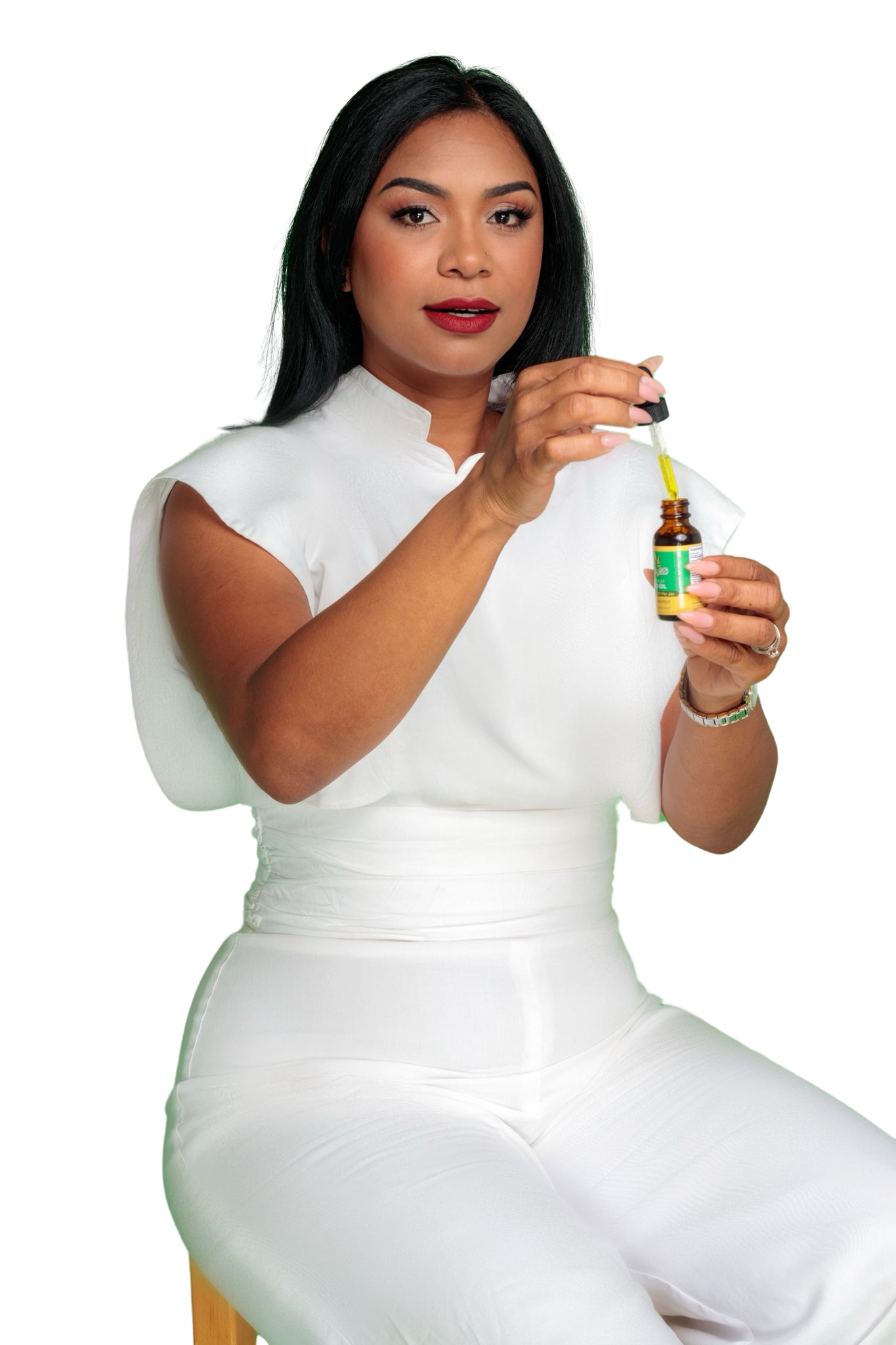Is CBD legal in Florida in 2025? Yes, CBD remains legal in Florida as long as it complies with both federal and state regulations. Over the years, Florida CBD laws have evolved to create one of the most transparent and tightly regulated markets in the United States. From the 2018 Farm Bill to the stricter Florida CBD laws 2023 and Florida CBD laws 2024, the state has consistently enforced measures to protect consumers and ensure compliance with the legal THC limit Florida CBD, which is set at 0.3%.
In 2025, Florida continues to regulate CBD products, including CBD gummies and Delta-8 CBD, with strict requirements for labeling, testing, and transparency. Products must include QR codes linking to third-party lab results, which verify THC content and ensure safety. However, mislabeling, selling non-compliant products, or exceeding the THC threshold can result in severe penalties, including a CBD felony Florida.
This guide covers everything you need to know about the legality of CBD in Florida, including updates for 2023, 2024, and 2025, the legal THC limit, the status of Delta-8 CBD, and specific regulations for CBD gummies. Whether you’re a consumer or a business, understanding Florida’s laws is essential to avoid legal risks and stay compliant in this growing market.
Is CBD Legal in Florida in 2023, 2024, and 2025?
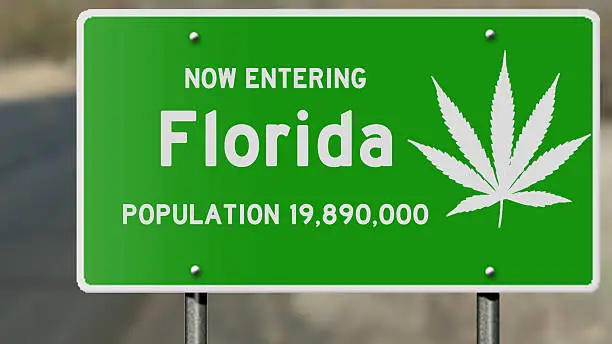
Is CBD legal in Florida in 2025? Yes, but understanding how the laws have evolved over the years is essential. Florida has worked to create a safe and transparent CBD market, building on the foundation of the 2018 Farm Bill. This federal legislation legalized hemp-derived CBD products with less than 0.3% THC, but Florida has added its own regulations to protect consumers and ensure high-quality products.
In 2023, Florida strengthened its CBD laws, requiring manufacturers to include QR codes on all product packaging. These codes link to third-party lab results, allowing consumers to verify THC levels and ensure compliance with the legal THC limit Florida CBD. Additionally, businesses had to comply with stricter labeling requirements to provide accurate ingredient lists and avoid unverified health claims.
By 2024, Florida introduced even more robust measures. Businesses selling CBD were required to register with the Florida Department of Agriculture and Consumer Services (FDACS) and maintain detailed supply chain documentation. Testing for contaminants like pesticides, heavy metals, and residual solvents became mandatory, ensuring that products sold in Florida were safe and compliant with state standards.
As of 2025, Florida continues to lead in CBD regulation. Businesses must perform batch-specific testing to ensure products remain within the legal THC limit and meet all safety requirements. The state enforces stricter penalties for noncompliance, emphasizing the importance of transparency and consumer protection in the CBD industry.
Overview of Florida CBD Laws Over the Years
Florida’s CBD laws have evolved significantly since hemp-derived CBD was legalized in 2019. Initially, the state focused on aligning with federal regulations under the 2018 Farm Bill, but over the years, Florida implemented additional safeguards to protect consumers.
Key updates to Florida CBD laws include:
- 2019: Legalization of hemp-derived CBD with less than 0.3% THC.
- 2023: Mandatory QR codes on product packaging and stricter labeling requirements.
- 2024: Registration of CBD businesses with FDACS and mandatory contaminant testing.
- 2025: Batch-specific testing requirements and harsher penalties for noncompliance.
These measures have positioned Florida as one of the most regulated states for CBD, ensuring both product safety and industry transparency.
How Federal and State CBD Regulations Align or Differ
Under federal law, the 2018 Farm Bill legalized hemp-derived CBD products with less than 0.3% THC. While this established the baseline for legality across the United States, individual states like Florida have introduced stricter requirements to address consumer safety and product quality.
Florida’s CBD regulations differ from federal laws in several key ways:
- QR Codes: Florida mandates QR codes on all CBD products, linking to lab results that confirm THC levels and product safety.
- Contaminant Testing: While federal law does not require testing for contaminants, Florida enforces strict screening for pesticides, heavy metals, and residual solvents.
- Edible CBD Products: Florida requires THC content labeling for edibles like CBD gummies and restricts their sale to minors.
These additional state-level requirements reflect Florida’s commitment to creating a safer and more transparent CBD market for consumers.
What are the legal requirements to sell or buy CBD in Florida?
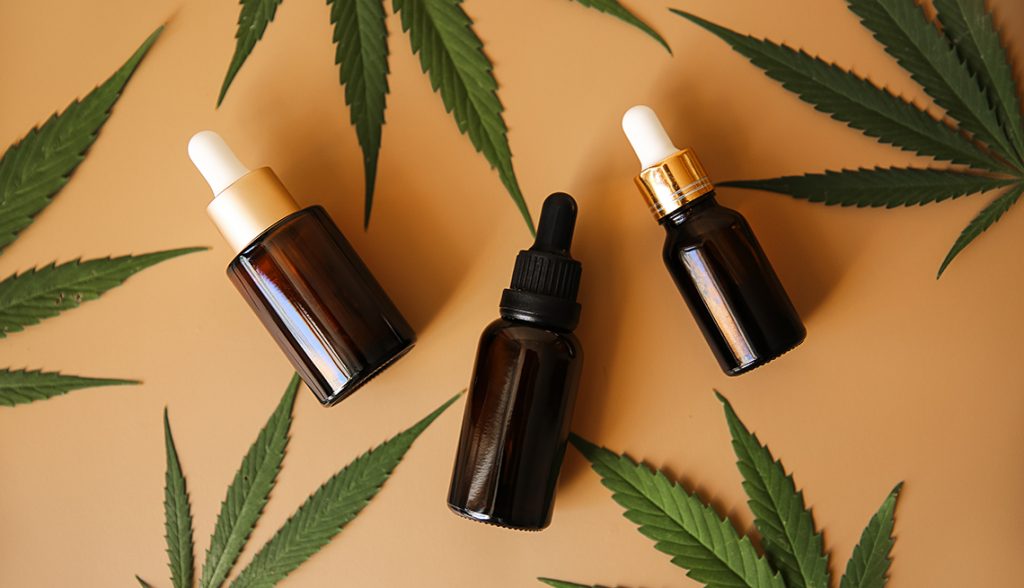
Selling or buying CBD in Florida is regulated by a series of laws designed to ensure consumer safety and product transparency. The state has implemented stricter guidelines over the years, and these continue to evolve in 2025.
Florida CBD labeling requirements and updates for 2025
Florida law requires all CBD products to include a QR code on their packaging. This QR code must link to third-party lab results, verifying that the product complies with the legal THC limit for hemp-derived CBD, which is less than 0.3%. Additionally, labels must provide a full list of ingredients and cannot include any unverified health claims. These measures aim to protect consumers from misleading advertising and ensure product quality.
Do you need a prescription to buy CBD in Florida?
No prescription is required to purchase hemp-derived CBD products in Florida, as long as they meet the state’s regulations. Products that remain below the legal THC limit are widely available for purchase without a doctor’s recommendation. However, if a product contains THC levels above 0.3%, such as medical marijuana, a prescription is required under Florida’s medical marijuana program.
What is the legal THC limit for CBD products in Florida?
Florida follows federal law, which sets the legal THC limit at 0.3% for hemp-derived CBD products. This limit is strictly enforced through mandatory lab testing. Exceeding this limit classifies the product as marijuana under Florida law, which comes with stricter regulations and legal consequences.
Florida’s THC threshold for hemp-derived CBD products
The 0.3% THC limit applies to all hemp-derived products sold in Florida. Manufacturers must conduct batch-specific testing to verify compliance. These tests are crucial to ensuring that the product is safe and legal for consumers. Products that exceed this limit are considered non-compliant and cannot be sold legally in the state.
Consequences of exceeding the THC legal limit
Selling or possessing CBD products that exceed Florida’s THC threshold can result in serious legal issues. For consumers, this may mean fines or charges for possessing an illegal product. For businesses, non-compliance can lead to hefty fines, the revocation of licenses, and even criminal charges. Florida enforces these laws to maintain a transparent and trustworthy CBD market.
Is Delta-8 CBD Legal in Florida in 2025?
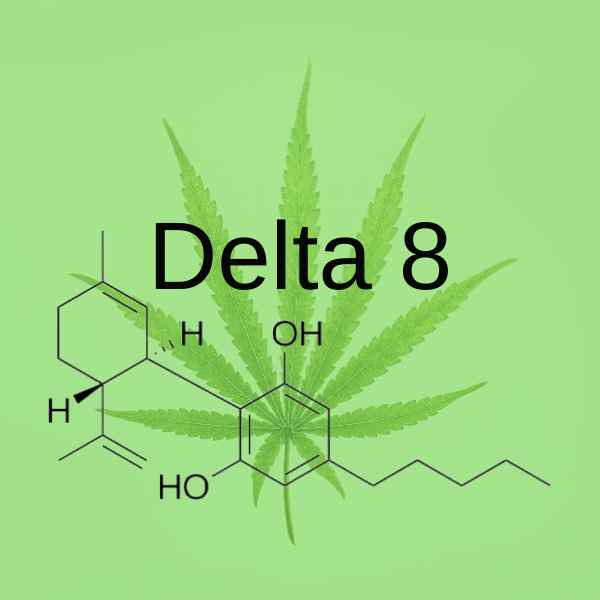
Is Delta-8 CBD legal in Florida in 2025? This is a common question due to the increasing popularity of Delta-8 THC products. The answer is yes, Delta-8 CBD is legal in Florida in 2025, as long as it is derived from hemp and contains less than 0.3% THC, aligning with both federal and state regulations. However, Florida enforces additional safety and labeling standards to ensure the responsible sale and use of Delta-8 products.
Understanding the legality of Delta-8 THC in Florida
Delta-8 THC is a naturally occurring cannabinoid derived from hemp, similar to CBD but with mild psychoactive effects. Under the 2018 Farm Bill, hemp-derived Delta-8 THC is federally legal as long as it does not exceed the legal THC limit of 0.3%. Florida adheres to this federal guideline but has implemented extra layers of regulation to protect consumers.
As of 2025, all Delta-8 THC products sold in Florida must comply with the same rigorous standards as CBD products. This includes batch-specific lab testing to verify compliance with THC limits, the inclusion of QR codes linking to lab results, and adherence to Florida CBD labeling requirements. These measures ensure that Delta-8 products remain both legal and safe for consumers.
Retailers are also prohibited from selling Delta-8 products to minors, further emphasizing Florida’s commitment to responsible distribution practices. Is Delta-8 CBD legal in Florida in 2025? Yes, but compliance with these state-specific regulations is essential for both businesses and consumers.
Differences between Delta-8 and Delta-9 THC
Delta-8 THC and Delta-9 THC are both cannabinoids found in the cannabis plant, but their effects and legal status differ significantly. Delta-9 THC, the compound responsible for marijuana’s psychoactive effects, is heavily regulated and remains illegal in Florida unless prescribed through the state’s medical marijuana program.
Delta-8 THC, on the other hand, is less potent and can be legally derived from hemp. However, due to its psychoactive properties, Delta-8 has faced increasing scrutiny. In Florida, regulations for Delta-8 THC products are designed to ensure compliance with THC content thresholds while maintaining product safety. These requirements distinguish Delta-8 from Delta-9 and provide clarity for consumers navigating the legal CBD market in 2025.
Is Delta-8 CBD legal in Florida in 2025? The answer remains yes, as long as products meet Florida’s strict standards for safety, labeling, and THC content. These rules continue to position Florida as a leader in the regulation of cannabinoids like Delta-8 and CBD.
Are CBD Gummies Legal in Florida?
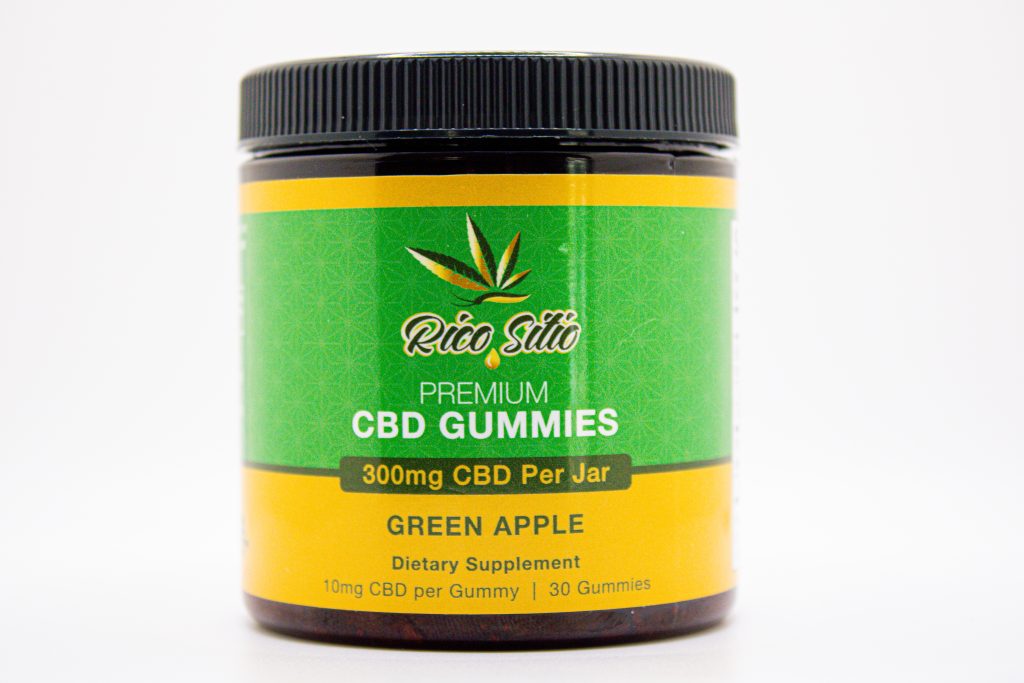
Are CBD gummies legal in Florida? Yes, CBD gummies are legal in Florida as long as they comply with both federal and state regulations. These edible products must be derived from hemp, contain less than 0.3% THC, and meet Florida’s strict safety and labeling requirements. Gummies are among the most popular forms of CBD consumption, but Florida has specific rules to ensure their safety for consumers.
Florida’s Specific Regulations for Edible CBD Products
Florida law treats CBD gummies as consumable products, meaning they are subject to additional scrutiny compared to other CBD forms like oils or topicals. All CBD gummies sold in Florida must:
- Contain less than 0.3% THC, the legal THC limit for hemp-derived products in Florida.
- Include a QR code on the packaging that links to third-party lab results. These lab results must confirm that the THC content is within the legal threshold and verify the absence of harmful contaminants such as heavy metals, pesticides, and residual solvents.
- Clearly display THC content and other cannabinoid information on the label.
Retailers are also prohibited from selling CBD gummies or any edible CBD product to minors, ensuring that these products are only accessible to adults.
THC Content Considerations for CBD Gummies
Florida enforces the legal THC limit Florida CBD strictly, particularly for edibles like CBD gummies. Products exceeding the 0.3% THC threshold are considered non-compliant and classified as marijuana under Florida law. This classification makes their sale and possession illegal unless they are part of the state’s medical marijuana program.
Consumers should always check the labeling of CBD gummies before purchasing to ensure that they meet Florida’s standards. Mislabeling or inaccurate THC content could lead to legal risks, both for consumers and businesses.
Are CBD gummies legal in Florida? Absolutely, as long as they meet these state-specific requirements. Florida’s regulations for CBD gummies aim to protect consumers while maintaining a transparent and safe CBD market.
What legal risks are associated with CBD use in Florida?
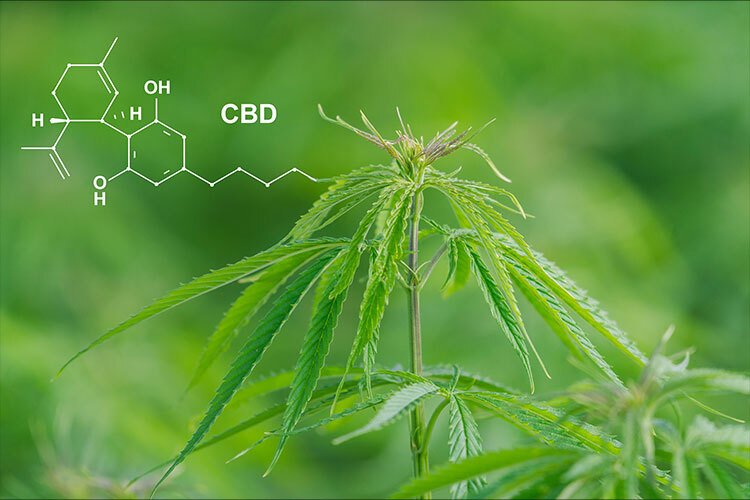
Although CBD is widely legal in Florida, there are certain situations where its use or sale can result in serious legal consequences. For example, exceeding the legal THC limit Florida CBD of 0.3% can lead to the product being classified as marijuana, which is strictly regulated under state law. Possessing or selling such products without authorization may result in a CBD felony Florida, a charge that carries significant penalties.
Situations Where CBD Use Could Lead to a Felony in Florida
One of the most common reasons someone might face a CBD felony Florida is mislabeling or selling non-compliant products. If a CBD product is tested and found to exceed the legal THC limit, it is no longer considered hemp-derived CBD but instead classified as marijuana. In Florida, marijuana possession or sale without a medical marijuana license is illegal and can result in felony charges.
Retailers are also at risk of a CBD felony Florida if they sell untested or improperly labeled products, or if they sell CBD products to minors. The state imposes strict guidelines to ensure that products meet quality and safety standards, and any deviation from these rules can carry severe consequences.
Mislabeling Risks and Consumer Consequences
Mislabeling is one of the main risks in the CBD industry. Products that do not accurately display their THC content or fail to provide QR codes linked to lab results are considered non-compliant under Florida law. Misleading consumers about THC levels can expose businesses to legal liability and, in extreme cases, felony charges.
Consumers also need to be cautious. Using a mislabeled product that exceeds the legal THC limit could result in legal issues, such as testing positive for THC in a drug test. Ensuring that any purchased product complies with Florida regulations is essential to avoid unintended legal consequences.
How to Stay Informed About Florida CBD Laws in 2025
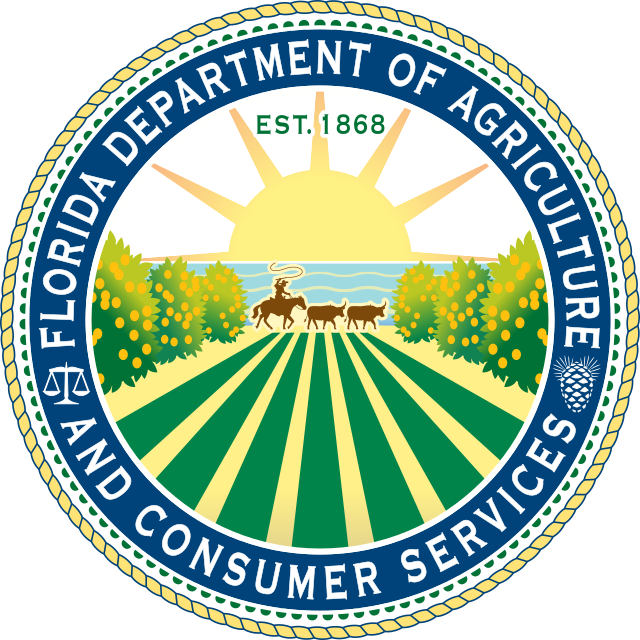
As CBD laws continue to evolve, staying informed about the latest regulations in Florida is essential for both consumers and businesses. With the state enforcing strict rules on labeling, THC limits, and product safety, understanding the law helps avoid legal risks and ensures compliance.
Reliable Sources for CBD Law Updates in Florida
To stay updated on Florida CBD laws, consumers and businesses can rely on several trusted sources, including:
- Florida Department of Agriculture and Consumer Services (FDACS): The FDACS website is the primary resource for updates on CBD regulations in Florida. It provides guidelines for labeling, testing, and compliance requirements.
- Official Florida State Government Websites: Sites like flsenate.gov regularly publish updates on state legislation, including laws related to hemp and CBD.
- Industry News Outlets: Websites and blogs focused on CBD and cannabis law, such as Hemp Industry Daily or Marijuana Moment, often provide timely updates on Florida-specific regulations.
Consulting with CBD Attorneys for Legal Compliance
For businesses operating in the CBD industry, consulting with a CBD attorney in Florida can be invaluable. These legal professionals specialize in state and federal CBD laws and can provide guidance on:
- Ensuring compliance with Florida’s strict labeling and testing requirements.
- Navigating licensing processes and understanding how to register with FDACS.
- Avoiding legal risks such as product mislabeling or exceeding the legal THC limit Florida CBD.
By working with an attorney, businesses can proactively address potential legal issues and stay ahead of changes in Florida’s CBD laws.
Florida’s CBD market continues to grow, but it’s critical for all stakeholders to stay informed. Monitoring reliable resources and seeking expert legal advice are key to remaining compliant and thriving in this dynamic industry.
Florida Medical Marijuana Program
The Florida Medical Marijuana Program regulates cannabis products with THC levels higher than 0.3%. While hemp-derived CBD products are widely available, any product exceeding the legal THC limit is classified as marijuana and requires a doctor’s prescription in Florida. The program provides qualified patients with access to medical marijuana under strict guidelines.
Explore the requirements and benefits of the program on the Florida Medical Marijuana Program website.
